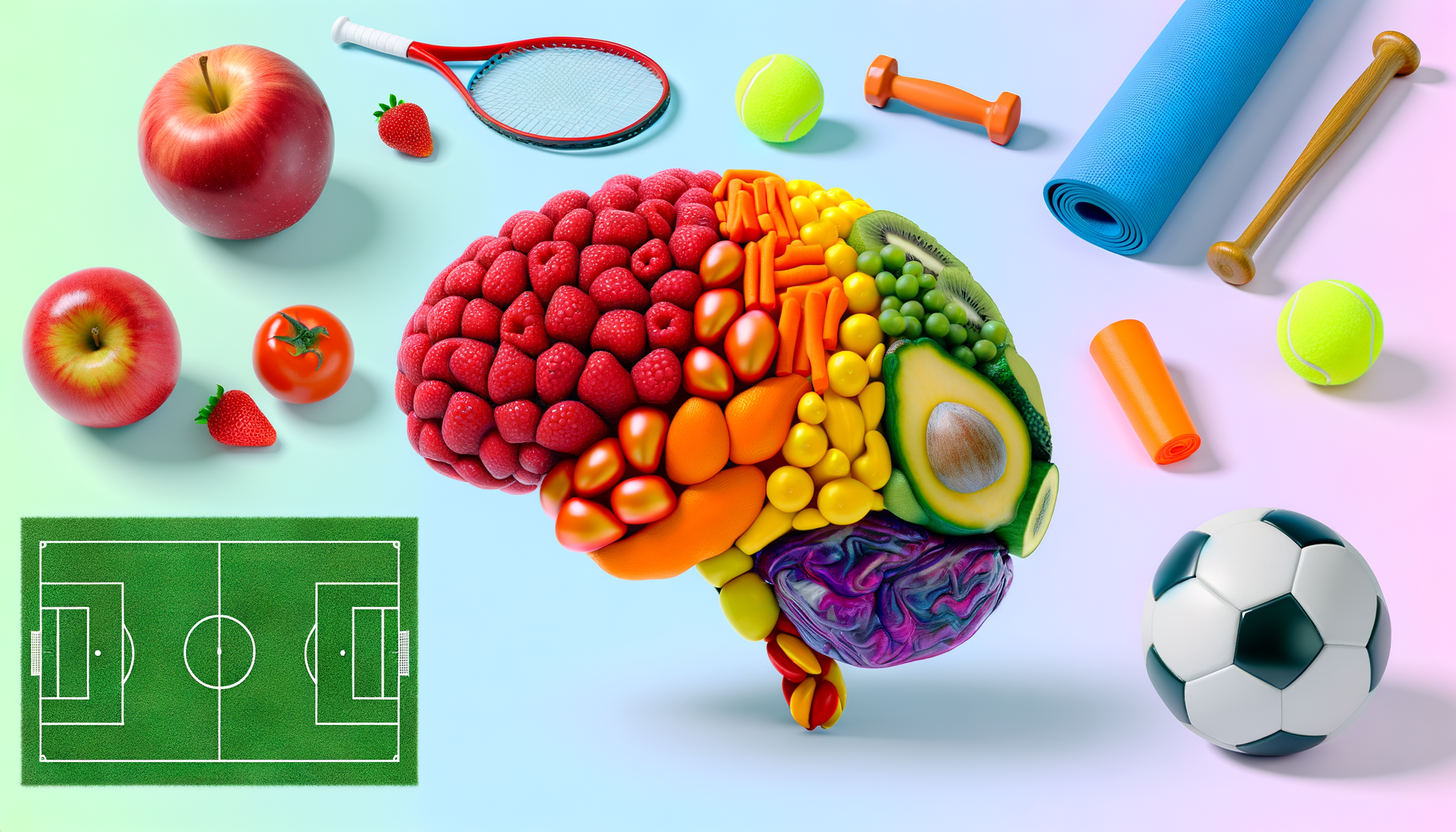Understanding the Complex Relationship Between Calorie Distribution and Brain Health
When it comes to maintaining optimal brain health and cognitive performance, the role of nutrition cannot be overstated. The distribution of calories from various macronutrients and the overall dietary pattern can significantly impact how our brains function. Here, we delve into the latest research and insights on how calorie distribution affects cognitive performance and brain health.
The Effects of Caloric Restriction on Cognitive Function
Caloric restriction, or the reduction of daily calorie intake, has been a subject of extensive research in the context of brain health. Studies have shown that caloric restriction can have positive effects on cognitive function, particularly in areas such as working memory and learning.
For instance, a study published in the journal CNS Spectrums found that healthy non-obese adults who underwent a 25% caloric restriction for two years showed significant improvements in working memory compared to those on an ad libitum diet. This improvement was linked to lower protein intake and was moderated by factors such as sleep quality, physical activity, and energy expenditure.
Another study highlighted that reducing daily calorie intake by 40% can dramatically reduce the risk of age-related cognitive disorders, such as Alzheimer’s disease. This reduction in calorie intake was associated with enhanced memory consolidation, synaptic plasticity, and improved performance in cognitive tasks like word recall and maze navigation.
The Role of Macronutrients in Cognitive Performance
The distribution of calories from carbohydrates, proteins, and fats also plays a crucial role in cognitive function. Research suggests that the balance of these macronutrients can influence various aspects of brain health.
### Carbohydrates and Cognitive Function
Carbohydrates, particularly complex ones with high fiber content, are beneficial for cognitive function. They help in maintaining blood glucose control, which is essential for preventing metabolic dysregulation and its deleterious effects on the brain. Studies have shown that consuming more than 40% of calories from carbohydrates can significantly improve visual cognitive performance.
### Protein Intake and Brain Health
Protein intake needs to be balanced to support cognitive health. Both inadequate and excessive protein consumption can negatively impact cognition. For example, a study found that participants who consumed less than 24% of their total calories from protein performed significantly better on visual cognitive tasks compared to those who consumed more protein.
### Fats and Cognitive Health
Healthy fats, such as polyunsaturated fats, are linked to improved cognitive function. Diets high in saturated fatty acids and cholesterol, however, have been shown to have a negative correlation with global cognitive function. Omega-3 fatty acids, found in foods like salmon and walnuts, are particularly beneficial for brain health.
Intermittent Fasting and Cognitive Benefits
Intermittent fasting, which involves periodic caloric restriction, has been shown to have several cognitive benefits. This dietary pattern can lead to increased production of brain-derived neurotrophic factor (BDNF), which strengthens neural connections and promotes neurogenesis. Intermittent fasting has been associated with improved mental flexibility, reduced errors in cognitive tasks, and enhanced resistance to neurodegenerative diseases such as Alzheimer’s and Parkinson’s.
The Impact of Nutrition on Visual Cognitive Performance
Visual cognitive performance (VCP) is another important dimension of cognitive function that is influenced by nutritional intake. A study published in Frontiers in Nutrition found that higher intakes of carbohydrates, lutein/zeaxanthin, and vitamin B2 were associated with better VCP. Conversely, high protein intake and certain gender differences (with males generally performing better) were noted to negatively impact VCP.
Real-World Examples and Case Studies
### The MIND Diet and Caloric Restriction
A recent study published in The New England Journal of Medicine compared the effects of the MIND diet (a hybrid of the Mediterranean and DASH diets) and mild caloric restriction on cognition in older adults. The study found that both the MIND diet and mild caloric restriction had small positive effects on cognition, with neither being significantly better than the other. Participants who reduced their daily calorie intake by 250 calories and lost an average of 5.5% of their body weight showed improvements in cognitive tests.
### Animal Studies
Animal studies have also provided valuable insights into the effects of calorie distribution on brain health. For example, a study on juvenile mice found that a high-caloric diet impaired learning and memory function, while a low-caloric diet improved these functions. The study highlighted the role of signaling pathways such as SIRT1 and PI3K/Akt in mediating these effects.
Practical Applications for Optimal Brain Health
Given the evidence, here are some practical tips for optimizing brain health through calorie distribution:
– **Balance Your Macronutrients**: Ensure your diet includes a balanced mix of carbohydrates, proteins, and fats. Focus on complex carbohydrates, moderate protein intake, and healthy fats.
– **Consider Caloric Restriction**: Mild caloric restriction or intermittent fasting can have cognitive benefits. However, it is crucial to consult with a healthcare professional before making significant changes to your diet.
– **Incorporate Key Nutrients**: Include foods rich in lutein/zeaxanthin (such as leafy greens), vitamin B2 (found in dairy products and nuts), and omega-3 fatty acids (found in fatty fish and walnuts) in your diet.
– **Maintain a Healthy Lifestyle**: Regular physical activity, good sleep quality, and low stress levels are all important for overall brain health.
Conclusion and Next Steps
The relationship between calorie distribution and brain health is complex and multifaceted. By understanding how different macronutrients and dietary patterns impact cognitive function, individuals can make informed choices to support their brain health.
For those looking to optimize their diet for better cognitive performance, tools like the Calorie Calculator Cloud can be invaluable. This resource helps in tracking and managing calorie intake, ensuring that you are meeting your nutritional needs while supporting your brain health goals.
If you are considering making significant changes to your diet, it is always best to consult with a healthcare professional or a registered dietitian. They can provide personalized advice based on your health status and dietary needs.
By combining the right dietary approach with a healthy lifestyle, you can take proactive steps towards maintaining optimal brain health and cognitive performance.
To learn more about how to manage your calorie intake effectively, you can explore the Calorie Calculator Plans and find a plan that suits your needs.








